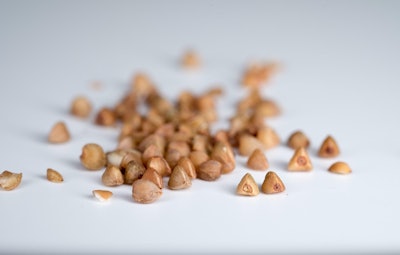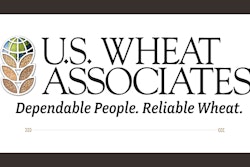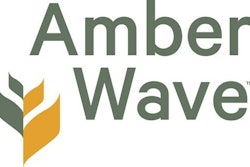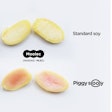
United Grain Corp. (UGC) has a Zero Buckwheat policy for shipments to Japan due to the high number of Japanese people who experience buckwheat allergies.
Buckwheat is the sixth most common food allergy in Japan, and the fourth most frequent cause of food-related anaphylaxis.
As buckwheat grows fast during the summer, UGC is heightening enforcement of its policy to ensure it does not make its way to Japan.
“At UGC, we operate to best serve our overseas buyers, and for our Japanese customers that means reducing the harm of buckwheat allergies by rejecting loads with buckwheat before they are shipped to Japan,” said UGC Director of Merchandising Brian Liedl.
Rejecting buckwheat loads
UGC sources grains and oilseeds from more than 2,000 producers in the Pacific Northwest and Northern Plains and exports them to the Asia-Pacific region from its Vancouver Export Terminal, which offers a grain storage capacity of 220,000 metric tons.
At the Vancouver Export Terminal, UGC’s expert grain handling preserves the quality of loads so they meet the demands of overseas customers.
Under the Zero Buckwheat policy, UGC ensures the grain loads bound for Japan are buckwheat-free by first educating producers on the health risks that buckwheat poses to some consumers. UGC producer contracts also include terms that the company will reject any loads containing buckwheat.
Additionally, UGC includes these buckwheat rejection terms on contracts and any buckwheat found among wheat loads are not loaded onto vessels headed for Japan.
“Superior service is what makes UGC the Pacific Northwest’s premier grain exporter, and that is why we are going to great lengths to enforce our Zero Buckwheat policy,” said Liedl.

















